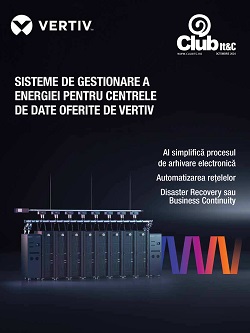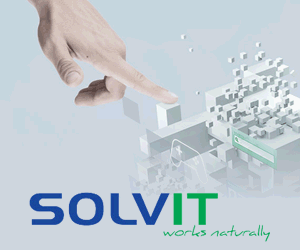Following the announcement made in October 2023 regarding the first 4G calls made on a shared Open RAN network in Romania, Vodafone and Orange announce that they have successfully expanded their pilot project in certain rural areas, including fully integrated 2G virtualized RAN (vRAN) technology, an innovation representing an international first over a shared operational network (RAN sharing).
 This achievement represents an important step towards the cloud migration of radio access networks, allowing network operators to consider moving their entire traditional network to fully virtualized RAN spanning 2G/4G/5G networks, in line with European requirements, especially in areas where the shutdown of 3G networks is completed or imminent. The virtualization of 2G networks represents a major step forward and an opportunity for operators, circumventing the obligation to maintain legacy 2G networks developed on specialized hardware, as well as operating virtualized 4G/5G networks as an overlay.
This achievement represents an important step towards the cloud migration of radio access networks, allowing network operators to consider moving their entire traditional network to fully virtualized RAN spanning 2G/4G/5G networks, in line with European requirements, especially in areas where the shutdown of 3G networks is completed or imminent. The virtualization of 2G networks represents a major step forward and an opportunity for operators, circumventing the obligation to maintain legacy 2G networks developed on specialized hardware, as well as operating virtualized 4G/5G networks as an overlay.
Vodafone and Orange have achieved this milestone through partnerships with leading Open RAN providers. Samsung provided its specialized vRAN software supporting multi-RAT – 2G, 4G and 5G, and its O-RAN compliant radios. Wind River provided the abstraction layer through Studio Cloud Platform on top of the hardware to deploy and scale the RAN software, as well as Dell Technologies, which provided Dell PowerEdge servers equipped with Intel processors and acceleration cards.
Over the past six months, both operators have gained local operational experience in managing an active Open RAN network used in real operating conditions, contributing to increased confidence in the maturity of virtualized networks. This observation period has allowed for a comprehensive comparison between Open RAN and traditional RAN networks and has demonstrated similar performance between the two options.
The use of Open RAN in a real environment has allowed both operators to benefit from the advantages offered by this solution, such as a high degree of automation and reduced implementation time. Open RAN technology decouples software functionalities from hardware, enabling remote modernization of mobile base stations with new features and services, faster and more cost-effectively. Additionally, in the case of RAN sharing, operators are provided with more freedom and autonomy in managing their own virtualized RAN software on a common cloud infrastructure, while network operating costs are shared. This approach reduces the need for site visits due to higher network automation levels and allows operators to differentiate themselves while maintaining cost and energy savings associated with RAN sharing.
Nicolae Vilceanu, Network Director at Vodafone Romania, said: “With focus on customer experience we are leveraging on the Open RAN momentum to move to cloud-native networks. Open RAN fosters faster innovation and development of new features and services by allowing multiple vendors to develop in the RAN space. This enables telecommunications operators to maintain a competitive edge and provide their customers advanced solutions. We are happy to join the Open RAN partners forces for taking further the developments, for a future proof digital society.”
Marius Maican, Technology Director at Orange Romania, stated: “This first development of an operational Open RAN network in Romania represents an important step for Orange in its transition to more agile and automated, cloud-native networks. Orange will leverage this successful pilot to develop a center of expertise in Romania in the near future, to support large-scale Open RAN implementations across the Orange network in Europe in the coming years.”
Both operators reinforce their commitment to future Open RAN implementation through this announcement, ushering in a new era for operating their networks in a more flexible and competitive delivery environment.






























